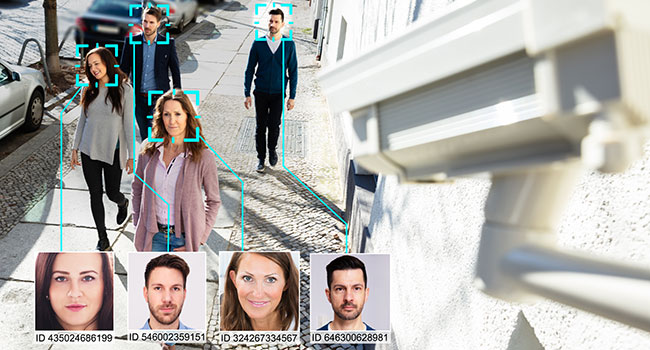
Baltimore Council Says No to Facial Recognition
The Baltimore City Council voted overwhelmingly earlier this week to pass one of the strictest facial recognition bans in the United States. It would not only prohibits law enforcement and municipal agencies from procuring and using the technology but also bars private citizens in the city from leveraging it. Only two city councilmembers voted against the ordinance, which now goes to Mayor Brandon Scott for final approval.
The measure does carve out an exemption for the use of biometrics in access control systems and will expire at the end of 2022 provided the council does not vote to extend it after undertaking a study on the matter.
While several cities across the country have passed laws prohibiting police and other government agencies from procuring or using facial recognition systems in recent years, only Portland, Ore., has sought to ban private use of the technology by businesses. However, Baltimore’s ordinance would be the first to criminalize consumer use of such systems.
“Despite today’s inexplicable outcome to impose a complete ban on the use of facial recognition in Baltimore, there is still an opportunity to find reasonable compromise and fulfill Mayor Scott’s clear vision for improving citywide processes through the use of technology,” Security Industry Association CEO Don Erickson said in a statement. “SIA respectfully urges the mayor to reject the proposal passed by the council and instead appoint a balanced commission of citizen and privacy advocates, law enforcement personnel and private sector representatives to recommend guidelines within the next 180 days governing the use of facial recognition by business and government agencies.
“Lowering the temperature of the debate over facial recognition through more careful study and input during this period of time may produce a better outcome that can be supported by all stakeholders,” Erickson said, in his statement.
Prior to the ordinance’s passage, SIA, along with the Consumer Technology Association (CTA), the Information Technology and Innovation Foundation (ITIF), and XR Association, sent a letter to the Baltimore City Council Public Safety and Government Operations Committee urging it to reject the measure and noted a number of different commercial and consumer applications that would be impacted by its passage, such as increased and customized accessibility for disabled persons, devices that assist people suffering from blindness, memory loss or prosopagnosia (face blindness) with recognizing friends and others.
The letter also urged rejection of emergency systems to determine building occupant status following an evacuation order during a fire or other life-threatening event, healthcare facilities to verify patient identities while reducing the need for close proximity interpersonal interactions COVID-19 mitigation applications for business operations, allowing users to verify identities for vaccine validation, test results and other information, and in-home electronic devices with facial recognition, like smart baby monitors Customization of heating, lighting, sound and other room features based on building occupant preference/needs, and online test proctoring software.